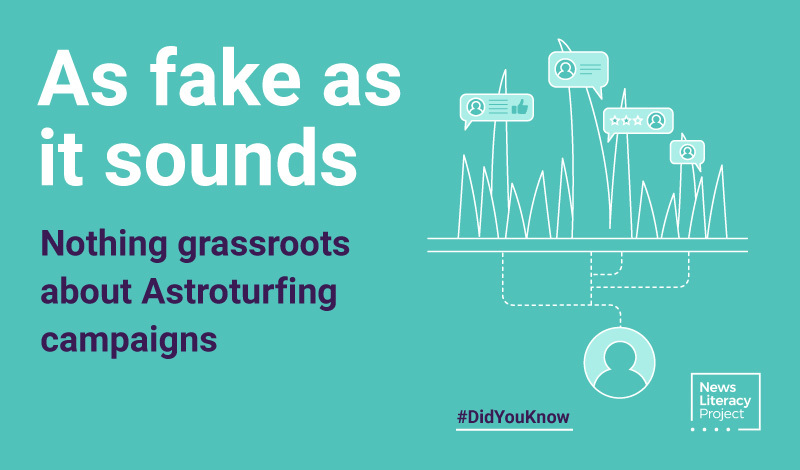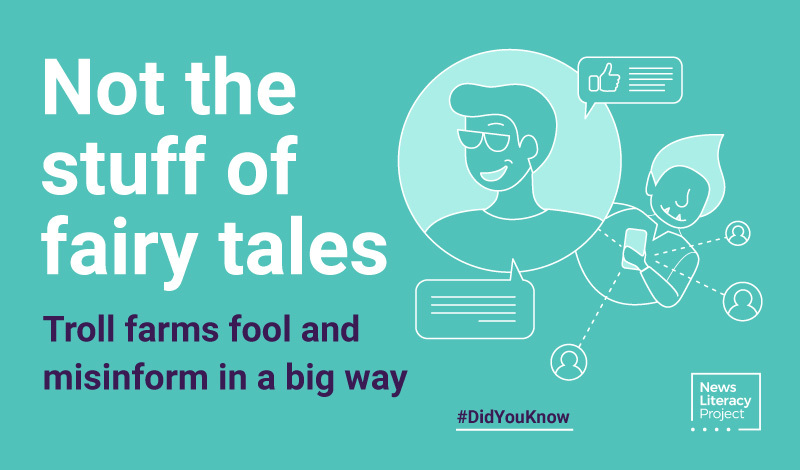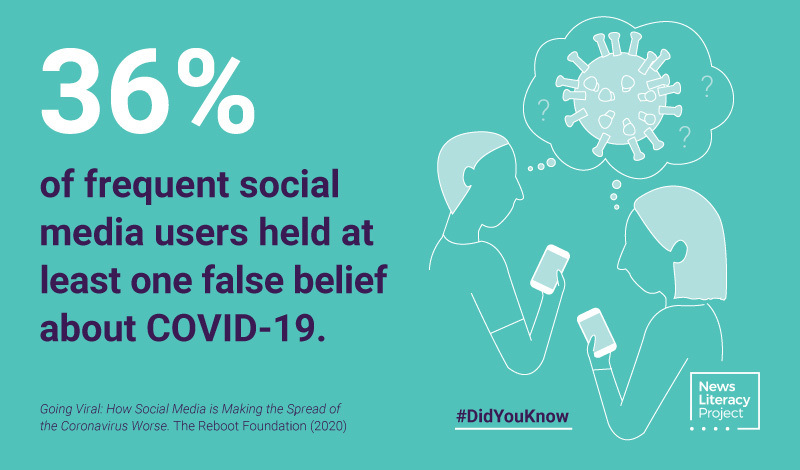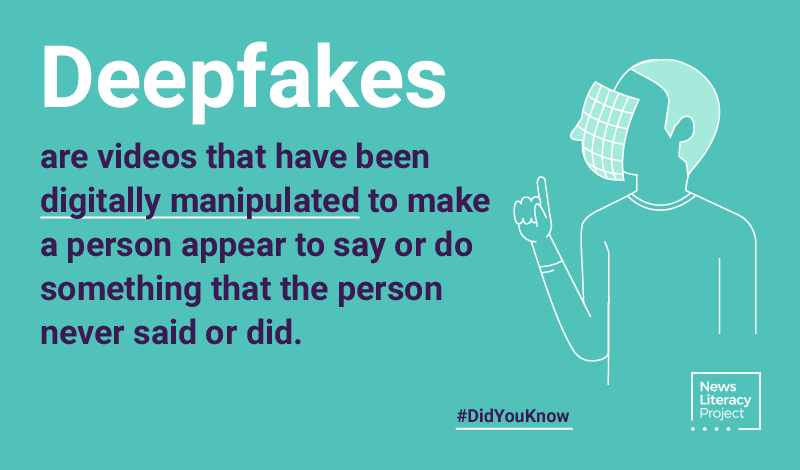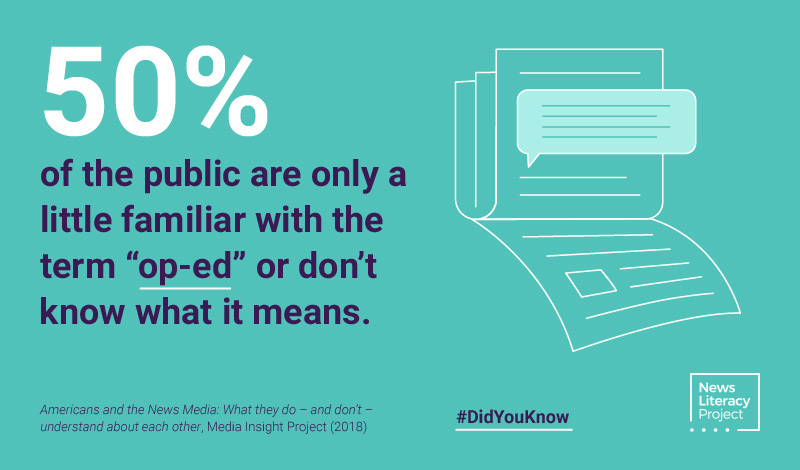
Did You Know?
Public trust in journalists is down, but in ‘media’ it’s up
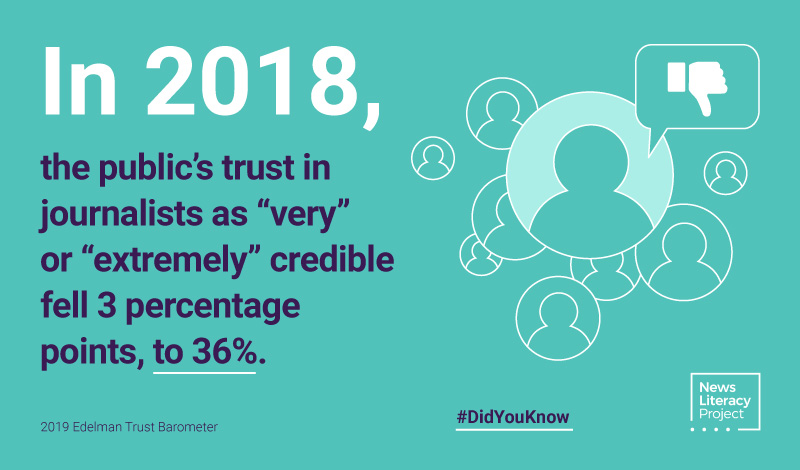
“Below is a list of people,” the survey question began. “In general, when forming an opinion of a company, if you heard information about a company from each person, how credible would the information be — extremely credible, very credible, somewhat credible, or not credible at all?”
The global communications firm Edelman asked this question in late 2018 for its 2019 Edelman Trust Barometer (PDF), an online survey of more than 33,000 people in 27 markets worldwide. “Journalist” did not fare well. Only 36% of those asked said that they would call a journalist “extremely credible” or “very credible” as a source — down from 39% the year before.
The most trustworthy source for information, according to 65% of the respondents, was a “company technical expert.” “Government official” was deemed least credible, with barely a third (35%) trusting someone in that position. Between those two extremes, in descending order of trust, were “academic expert” (63%); “a person like yourself” (61%); “regular employee” and “successful entrepreneur” (tied at 53%); “financial industry analyst” (52%); “NGO representative” (48%); “CEO” (47%); “board of directors” (44%); and, as noted above, “journalist.”
Edelman’s annual trust and credibility survey broadly measures what people think of four major institutions in society: government, business, media and nongovernmental organizations. Interestingly, although trust in “journalists” is down globally, when asked about institutions, the responses show that trust in “media” (loosely described as the institution focusing on our “information and knowledge” well-being) is up from the year before. The not-so-great news is that media remains the least-trusted institution, distrusted in 16 markets worldwide. The U.S. is one of those 16 markets, at a level of 48% “distrust.”
But trust and journalism can be tricky to consider, as Michael Schudson — a historian of the news media and a professor at Columbia’s Graduate School of Journalism — writes in Columbia Journalism Review. He acknowledges recent attempts to “engender distrust” in the press, but also notes this:
“Perhaps it’s not surprising to learn that journalism’s self-defined mission of ‘holding government accountable’ is hurting trust. In the past 40 years, ‘accountability journalism’ has come to assert itself as a defining feature of mainstream newsrooms. The news is much less deferential than it once was to institutions and people in power. That may be good, but it also means that a lot of people are going to distrust the media, particularly when their favorite politicians or the parties they identify with are critically appraised or openly confronted by journalistic investigation, information, or opinion.”
